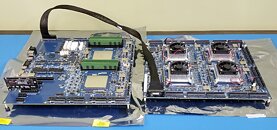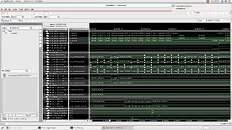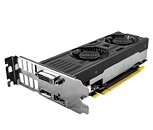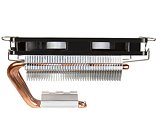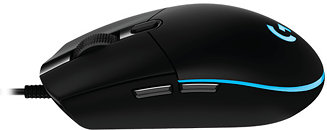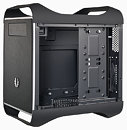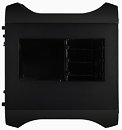Tachyum Has Disclosed 1U and 2U Server, HPC, AI Reference Designs
Tachyum today announced that it is bringing 1U and 2U platform solutions to market behind a strategy that ensures customers and partners will be able to quickly and easily test, benchmark and deploy Prodigy solutions across a broad range of supported applications and workloads. Tachyum's platform strategy includes offering evaluation platforms for early testing with OEMs and ODMs able to incorporate Prodigy into their own designs. The 2U evaluation platform, optimized to address the high-performance needs of HPC and Big AI, will be the first to sample in Q1 of 2025. The 1U platform, targeting applications such as AI inference and a wide range of cloud applications, follows in the second quarter.
Tachyum has chosen Chenbro as the chassis partner for the Prodigy evaluation platforms. Chenbro's standard chassis products provide solutions for both 1U and 2U that address Prodigy's high-performance requirements, allowing Tachyum to focus on the device and motherboard development. Both platforms will use the same 2-socket motherboard supporting 32 DDR5 DIMMs, as well as supporting storage integration for 16 E1.S SSDs. The evaluation platforms will initially launch as air-cooled infrastructures, allowing for fast, easy evaluations, with a 4-socket liquid-cooled platform arriving later.
Tachyum has chosen Chenbro as the chassis partner for the Prodigy evaluation platforms. Chenbro's standard chassis products provide solutions for both 1U and 2U that address Prodigy's high-performance requirements, allowing Tachyum to focus on the device and motherboard development. Both platforms will use the same 2-socket motherboard supporting 32 DDR5 DIMMs, as well as supporting storage integration for 16 E1.S SSDs. The evaluation platforms will initially launch as air-cooled infrastructures, allowing for fast, easy evaluations, with a 4-socket liquid-cooled platform arriving later.











